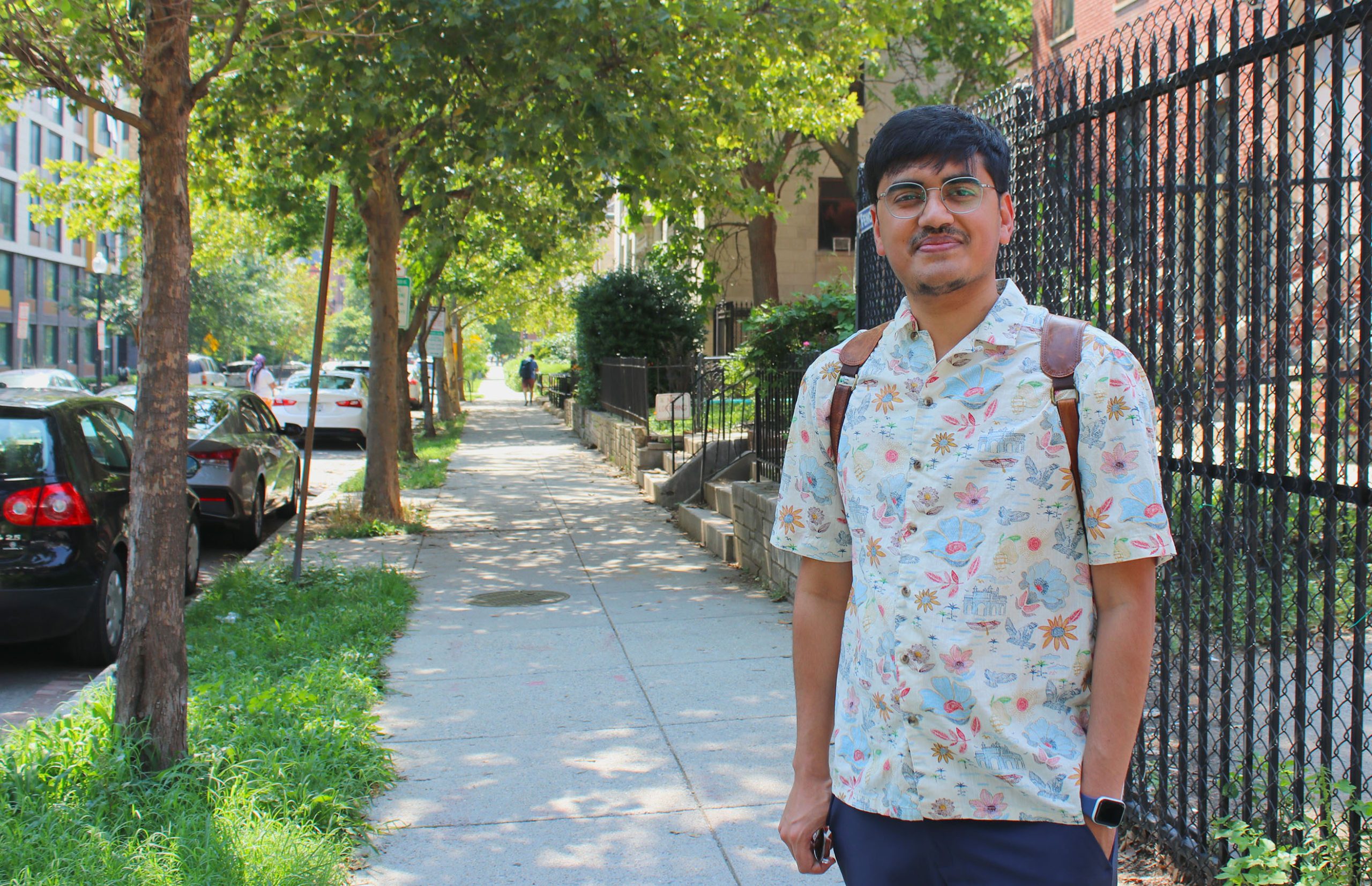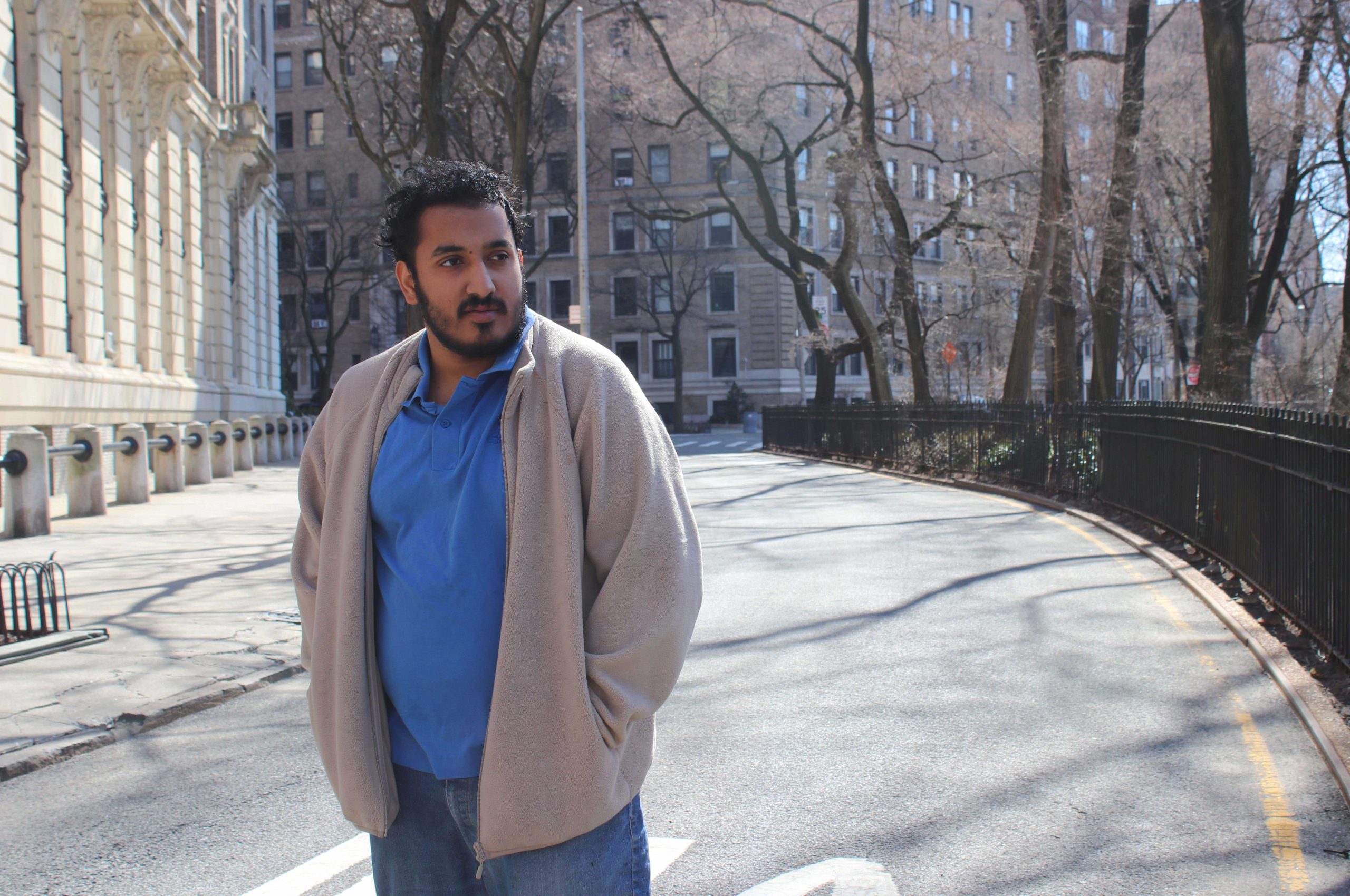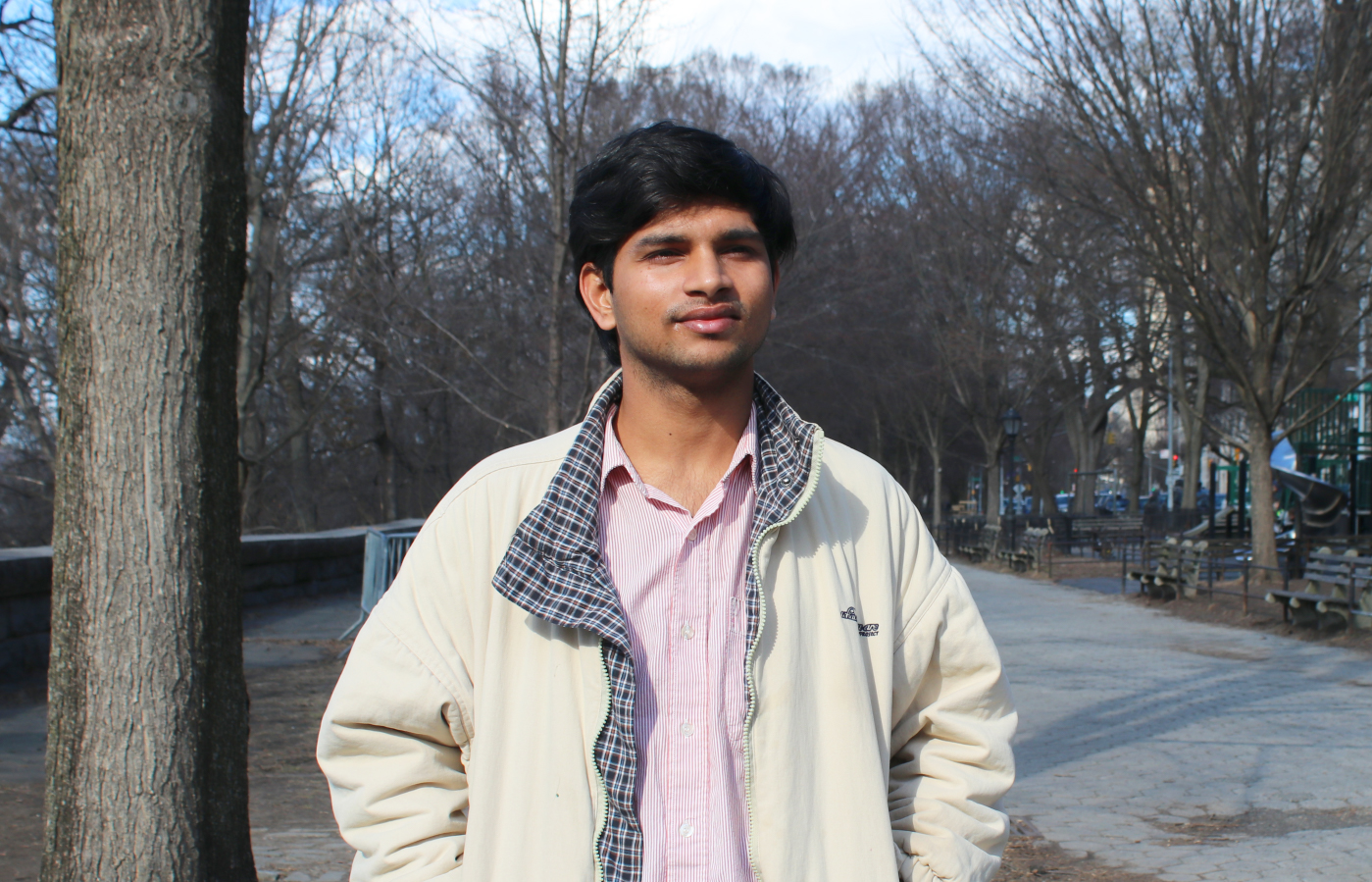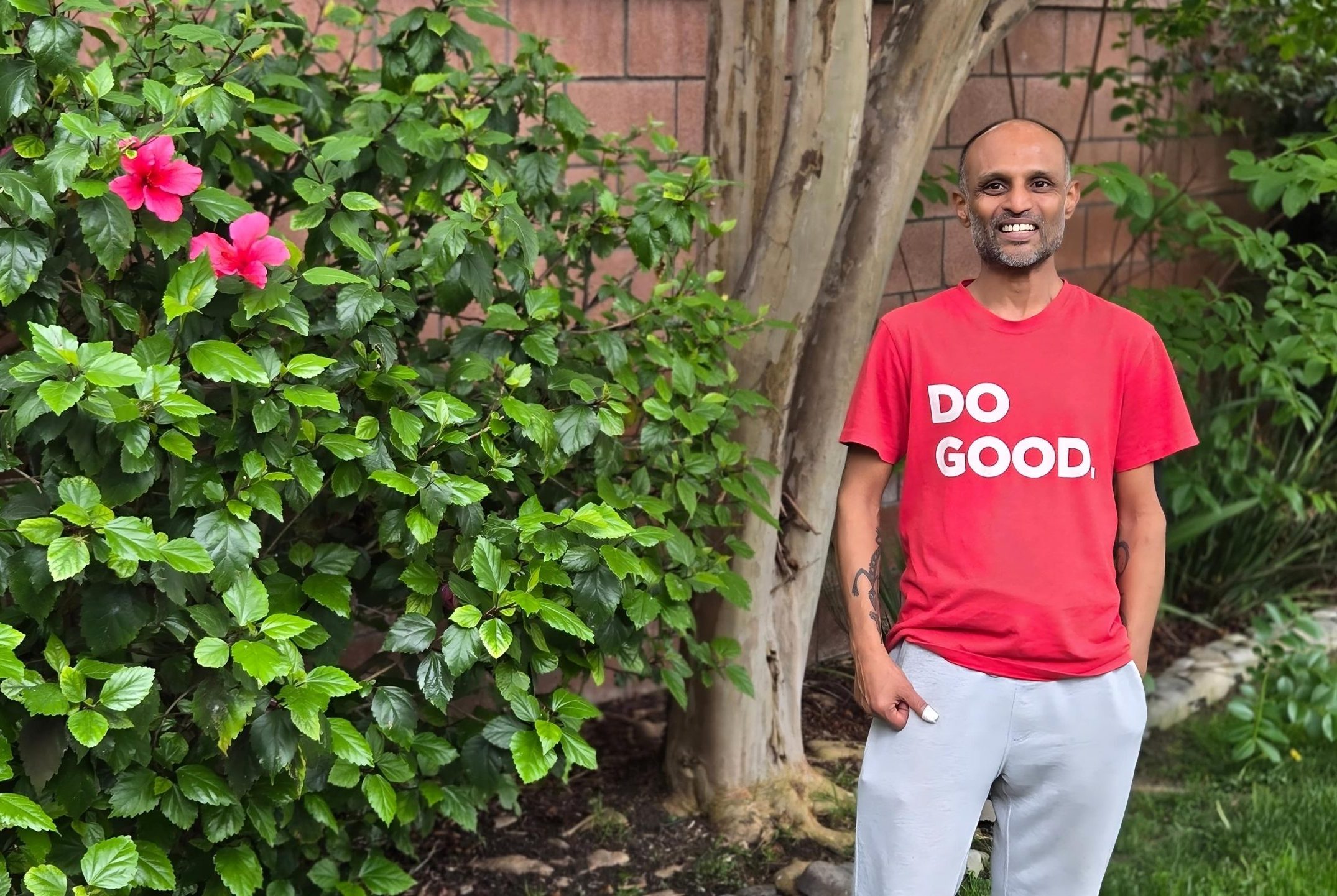I grew up in eight cities across India owing to my dad’s service in the Indian Navy. I attended primary school in Delhi, Vizag (Andhra Pradesh), and Karanja (a naval base). From grade five onwards, I was based in Delhi until the end of high school. I completed my graduation from Vadodara and Chennai. As an early-stage professional, I worked in Noida, Bengaluru, Vizag, Ahmedabad, Kolkata, and Pune. My longest stay in a single city was in New Delhi, where I lived from 2005 to 2012.
Due to shifting cities every few years, my understanding of community is rooted in the phrase “Vasudhaiva Kutumbakam.” It’s a sanskrit phrase meaning, “the world is one family.” Incidentally, it was also my first employer’s motto. My childhood had all the comforts. Growing up in a cantonment area or naval base meant there were no electricity shortages, no parking space crunches, or city sounds to keep me awake. My privileges played a significant role in not recognizing the need to question prevailing hegemonies before embracing “Vasudhaiva Kutumbakam.”
For me, growing up in an army family setting meant being an India first. The cultural and religious identities would only be celebrated in the context of festivals. However, this has changed under the Modi government.
Anti-Muslim racism in India and the Indian diaspora troubles me the most. Prior to 2019, I was not aware of the scale of anti-Muslim racism in politics and media. Today, everyone has a family who has been slowly radicalized or is now freely expressing bigoted views, to the point they believe conspiracy theories like “love jihad.”
Through this radicalized mass, the Bharatiya Janata Party is manufacturing consent for an ethnocentric state across all political cleavages. The implementation of citizenship and personal laws such as the Citizenship Amendment Act, the National Register of Citizens, and the Uniform Civil Code are being weaponized to turn India into an ethnocentric state like Israel.
What troubles me most about India and the Indian diaspora is the support for Hindu nationalism and the hatred directed at minority groups, especially the Muslim community. Too often, people forget that India is home to one of the world’s largest Muslim populations. In my case, if there is one role model who has played a significant role in shaping who I am today, it is Alt News co-founder Mohammed Zubair. His tireless journalism has profoundly influenced my own work and has become a defining part of my identity.
To counter the ongoing Hindu nationalist project, it is crucial to address the normalization of hate and suspicion toward “the other.” I would like to see Indians, both in the country and abroad, pause to reflect on our real history, the profound and intertwined contributions of people from all faiths in building the fabric of India. Only through recognizing and reclaiming this pluralist legacy can we begin to dismantle the manufactured divisions and work towards a more inclusive future.
Parents in India have a vital responsibility to hold the state accountable for what their children are taught in schools. Education is not just about textbooks, it’s about shaping perspectives, values, and the very fabric of our society. Parents must ask critical questions about what is and isn’t included in the school syllabus. For example, why is interfaith unity downplayed, or why are students exposed to texts containing outdated and prejudiced views?
Imagine the positive impact if our school curriculum instead showcased the lives and achievements of Dr. Zakir Husain, the co-founder of Jamia Millia Islamia, and reformers such as B.R. Ambedkar and Sarojini Naidu. These figures represent the ideals of pluralism, equality, and social justice that are central to India’s true heritage. We have to be proactive stewards of our children’s education. The stories we teach our children today will define the India of tomorrow.




